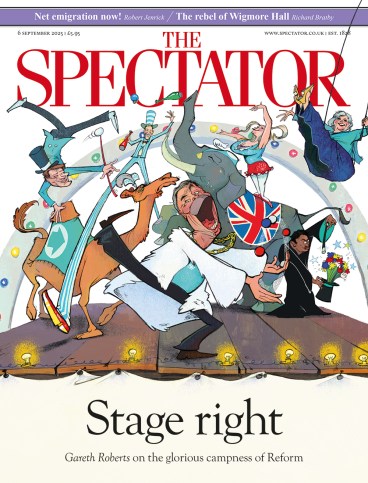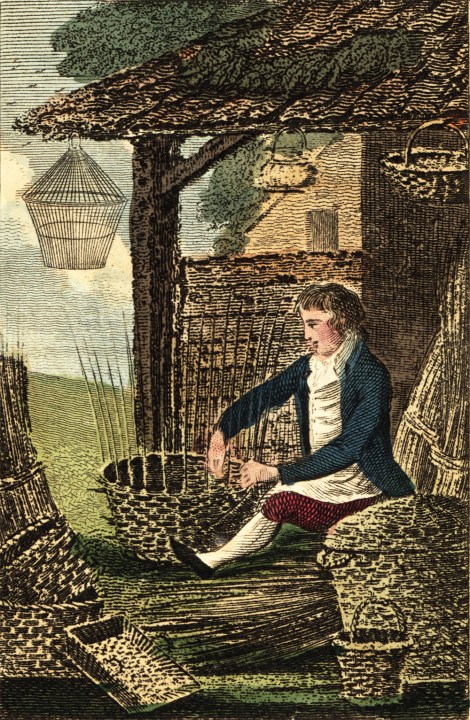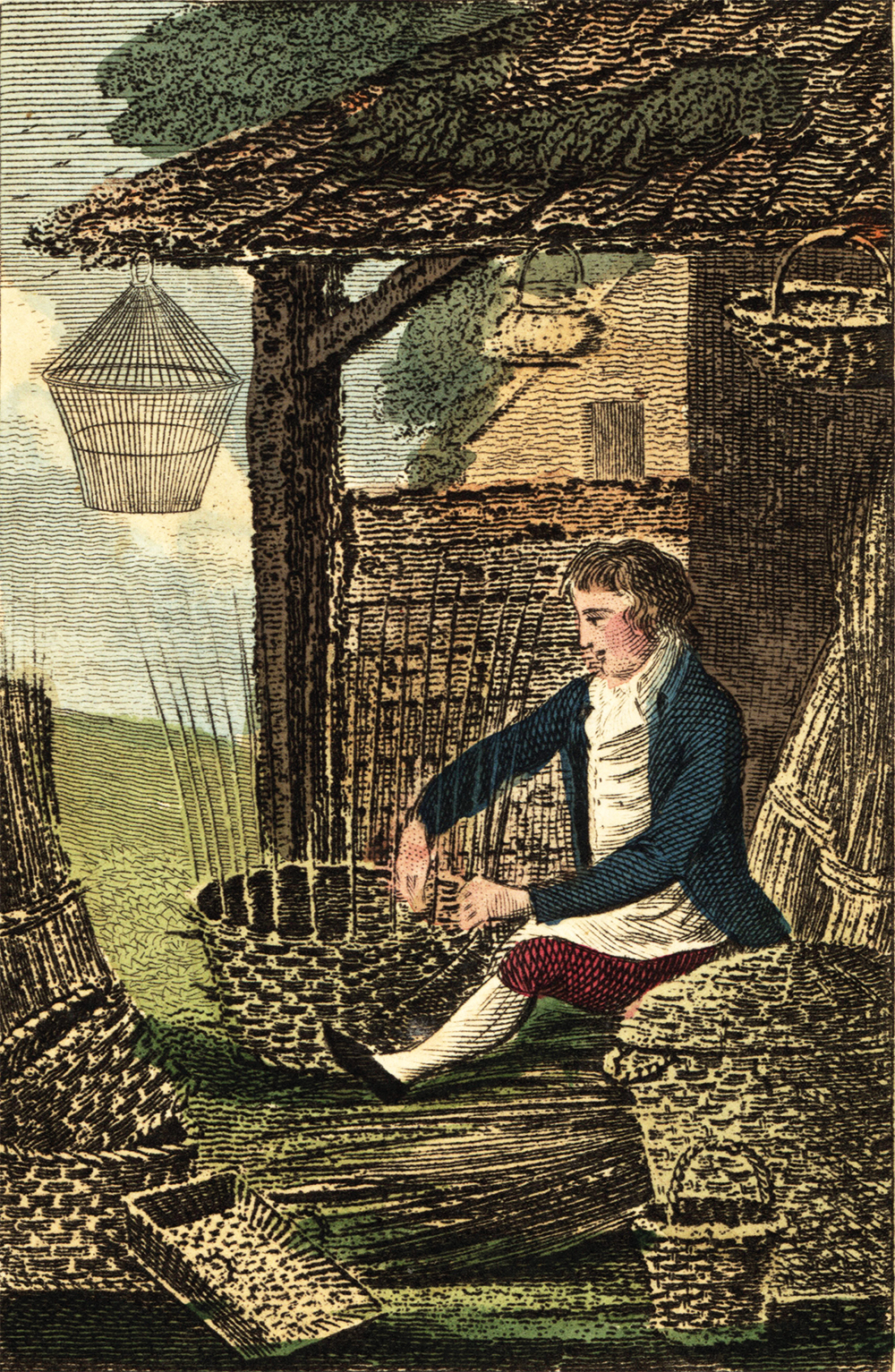
‘Artisan’ is now a word attached to coffee, candles, paper, clothes, rugs etc. It is used to raise prices by giving consumers a warm feeling of being pampered with the solid, ancient virtues of the handmade. It is, of course, a lie. If you want to know about Britain and yourself, read this book.
James Fox is an academic and broadcaster. His book is a history of the true artisans that made Britain – the carpet-weavers of Kidderminster, the hatters of Luton, the Chilterns bodgers with their Windsor chairs, the potters of Stoke and the brewers of Burton. The strong, proud feeling of craft locality meant that every town was different, as opposed to now when, as Fox says, ‘every high street looks alike’.
The crafts, defined as ‘making something in a skilful way by hand’, have not entirely gone – but they soon will have. This book took two years to write. In that time Sheffield scissor-makers, Welsh weavers and Cambridge signwriters went out of business before the author could meet them; and an old wheelwright had descended into the angry confusion of dementia by the time Fox showed up.
But Craftland starts much further back, with the dry stone walls of west Yorkshire and the Highland thatching of Wester Ross. Stone walling – still clinging on to some identity – is a very ancient craft indeed and far more complex than I had ever imagined. Neolithic farmers started building these walls to protect their fields from roaming hunter-gatherers, dividing the land in ways that are still with us. At their peak, English dry stone walls could encircle the Earth five times. They made the landscape legible and, between 1604 and 1914, 6.8 million acres (a fifth of the area of England) were turned as a result from public to private property.
Highland thatching survives in remote areas of Scotland. Here the distinctive building style of crofters’ houses is older even than that of stone walls. Now we have a sentimental, egocentric view of these cottages as holiday homes, but they once involved a fierce struggle for survival – a fight against weather and for food. This points to a theme that runs throughout the book. Crafts were born of necessity and were never the luxuries we now associate with ‘artisanal’ objects.
Crafts were born of necessity and were never the luxuries we now associate with ‘artisanal’ objects
Another common misunderstanding emerges in a chapter on woodland crafts in the Chilterns. Fox’s contact here, a woodlander named Andrew Jarvis, points out the folly of many rewilders. The assumption is that we should leave well alone; but British woodlands have endured because of skilled coppicing. ‘If everything is rewilded,’ says Jarvis, ‘species will become completely overwhelmed by other species and die out.’ The nature we know is the nature that needs us.
As we approach the present, via fishing, rush-weaving, bell casting, cask-making and letter cutting, we come upon one of the strangest stories of all. Roger Smith was a shy Lancashire boy who became obsessed with watches and, after making a watch himself, burst in on his hero, George Daniels, in Bolton. Daniels did not think much of the watch, but he recognised the boy’s talent and took him on. Forget that Swiss stuff: Smith has become the greatest watchmaker in the world. He works with a few others in the Isle of Man to produce a handful of watches a year. The best cost well over £250,000.
It is a crucial moment in this history of crafts. Expensive watches occupy a different world to that of the stone wall makers, but the example of Smith shows that truly complex crafts can still survive and be protected. They do not have to die at the hands of the largely indifferent present.
As Fox puts it: ‘If this book is nostalgic, it is nostalgic for the present – for the skills and traditions we think have gone but are actually all around us.’ He adds: ‘Britain leads the world in its preservation of physical heritage.’ But we are not so good at preserving the traditions from which our crafts sprang. The Japanese call their best artisans ‘living national treasures’. That does not happen here because we are too obsessed with the future to take the present as seriously as we should – though we do betray a longing for something when we call coffee ‘artisan’. ‘Britain,’ writes Fox, ‘is still a craft land, if we only had eyes to see it.’
This is a tremendous book that urges us – in spite of the seductions of crass modernity – to believe in the craftspeople, living and dead, who made us who we are.








Comments